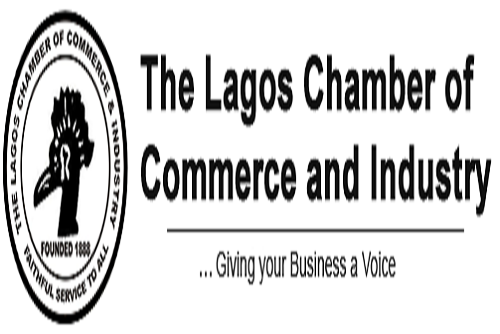“The most recent of such public pronouncements was the alleged N30 trillion revenue loss, and the allegedly missing 288 vessels by the Senate Joint Committee on Customs, Excise, Tariffs and Marine Transport.
“Some 63 firms were accused of complicity in the alleged scam. These are grave allegations that needed to be subjected to proper scrutiny, before making them public issues. “Their implications for the nation’s image and foreign investors’ perception are severe.
“The chamber believes and promotes the ideals of high ethical standards in business and would not support infractions against statutory laws by private sector entities.
“However, we would like to see a legislative/private sector interface characterised by mutual respect, fairness, and courtesy,” Yusuf said.
According to him, listing corporate organisations in the media over allegations have considerable reputational costs and weighty consequences for the brand equity of such organisations.
He noted that frequent summons of organisations by the legislature had significant financial implications to organisations not domiciled in Abuja, in terms of costs of flights, hotels and other logistics for appearing before the national assembly.
“The Executive time committed to appearance before committees of the national assembly is enormous, especially since most of the committees would insist that appearance should be at the level of the CEOs of the companies.
“There is need to streamline the summons and public hearings to avoid duplication and overlap between the Senate and the House of Representatives.
“It is also imperative for the leadership of the national assembly to vet the summons by its committees to ensure efficiency, cost effectiveness and optimization of executive time committed to the public hearings.
“This is important when we realize that we have 89 Standing Committees in the House of Representatives and 59 Standing Committees in the Senate,” he said.
The LCCI boss said that statutory agencies of government were often custodians of some information that the private sector was required to provide support to legislative investigations. “It is more cost effective to access this information from these agencies of government.
“Matters that can be investigated by the statutory agencies of government such as the Judiciary, the EFCC, the Independent Corrupt Practices and Other Related Offences Commission (ICPC), the Federal Inland Revenue Service (FIRS) and the National Industrial Court, the Nigeria Customs Service (NCS), should be referred to such institutions.
“These bodies have better competences, capacities, and structures for investigation of infringements of the law. “This would enable the National Assembly focus on its core duties of representation and lawmaking,” he said.
Yusuf said that the chamber appreciated the role of the senate in enacting enabling laws and review of obsolete legislations toward creating an enabling environment for investors.
According to him, the economy needs investors to boost job creation and accelerate the economic recovery process, adding that the Economic Recovery and Growth Plan (ERGP) deliverables are anchored largely on the private sector.
He, therefore, urged the national assembly to align with the plan toward reducing avoidable distractions to investors in the economy.



